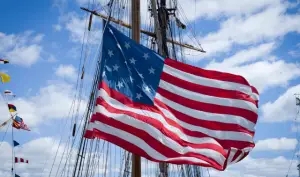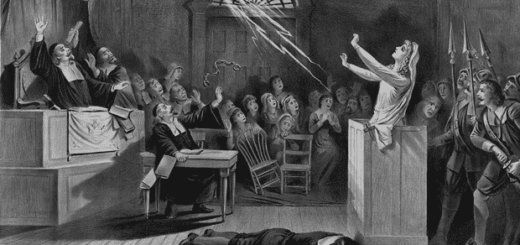Key Strategies for Tracing Your Ancestors in Early America

What better way to commemorate Independence Day than by researching your early American ancestry?
Below we offer plenty of advice and resources to make the process of choosing an institution easier for you.
Researching Early American Ancestors
Researching your early American ancestors becomes much more challenging once you start searching before 1850 due to two key obstacles. First, US census records before 1850 don’t contain names of everyone living in a household; and secondly, until January 1, 1820 the U.S. Government didn’t require passenger lists for arrivals into America – therefore searching prior to those two dates requires some serious detective work; our week-long workshop can equip you with these necessary skills.
Find Unlikely Suspects
It can be easy to fall into the habit of only investigating one lineage at a time; however, your ancestors had siblings, cousins, friends and coworkers whom may hold important information on your ancestor(s). Correspondence, military pension files from 1812 (available via Fold3) or other resources may provide links between people and your ancestor that otherwise might never have been discovered.
Be a Law-Abiding Citizen
When we think about why our ancestors migrated to America, it’s likely with an eye on chasing after the American Dream – so it is crucial that we consider what records would have been created during their pursuit of it. Learn the laws which govern American genealogical research if that seems daunting – don’t worry, we will cover legal traditions in Colonial American genealogy research during our workshop!
Research Excess Baggage
Immigration records prior to 1820 do exist, although they can be difficult to find. Beginning in 1800, the federal government taxed personal baggage over certain limits; Philadelphia kept a list of those taxed and this information is kept at the National Archives along with passenger lists from Philadelphia port. Learn more about searching immigration records prior to 1820 during our workshop!
How Can You Build a Research Strategy
Do You Want to Learn the Seven Steps for Establishing an Ancestral Search Strategy Learn D Joshua Taylor of Genealogy Roadshow fame’s seven steps for distinguishing between individuals of similar names living together, using cluster and collateral research methods as key components to locating your ancestor or someone else who shares that name in one location? Register for D Joshua Taylor’s Workshop commencing July 9th for further strategies of where and when to look.



